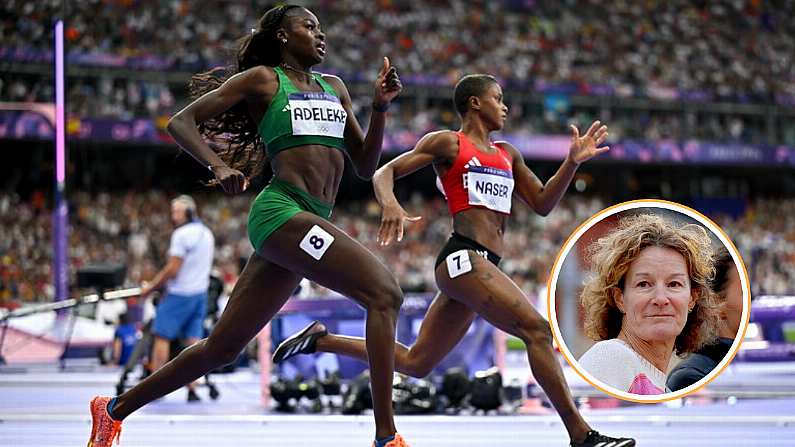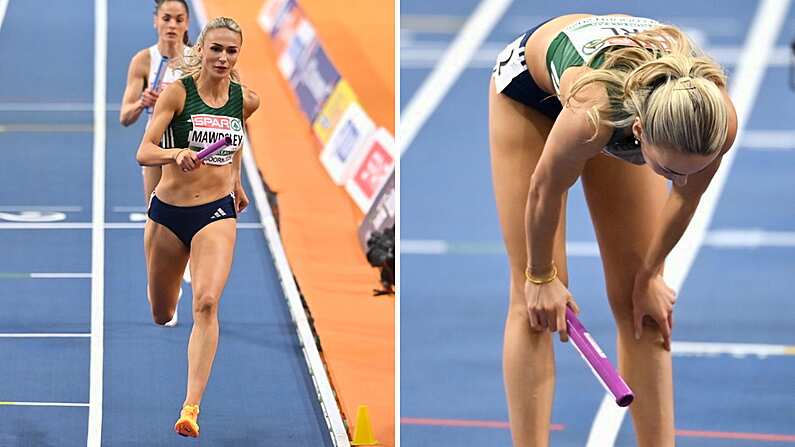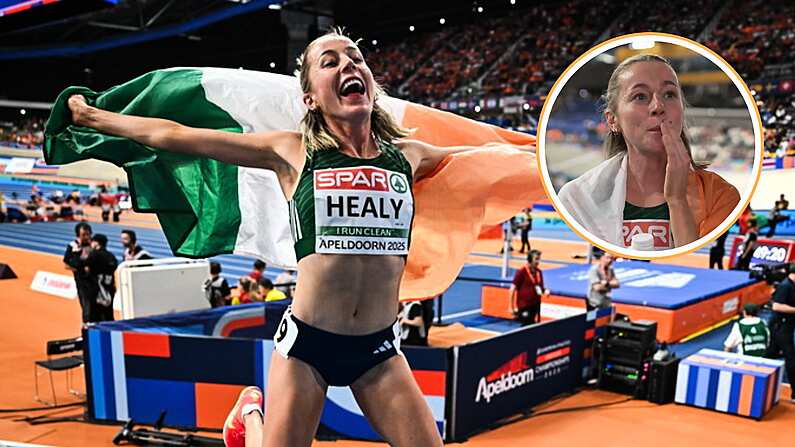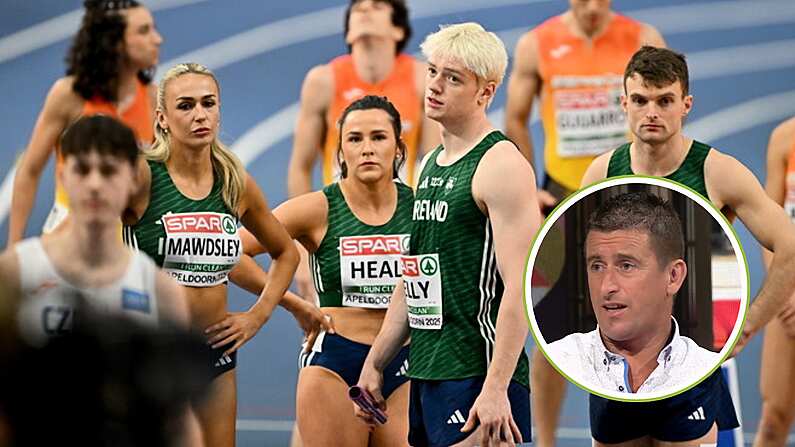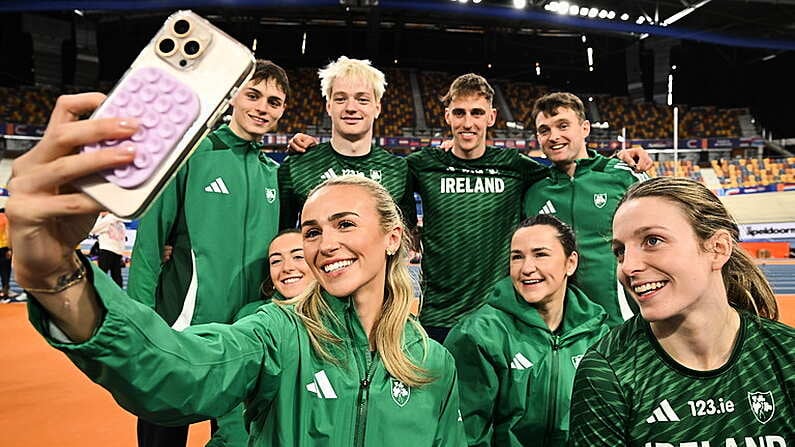Rhasidat Adeleke narrowly missed out on two medals at her very first Olympic Games this summer, finishing fourth in both the 400m and women's 4x400m relay.
It was a bittersweet ending to the Parisian journey for Adeleke, but Irish fans can rest assured that the best is yet to come from the Tallaght sprinter.
Nonetheless, the presence of Bahrain's Salwa Eid Naser on the podium in the 400m certainly made defeat tougher to swallow for Adeleke and the adoring Irish fans.
Naser has recently returned from a two-year ban handed down for missing at least three doping tests over a two-year period. The leniency of the punishment for the Bahraini sprinter sparked unease with several major figures in Irish athletics.
Said unease has not been quelled in recent weeks by the revelation that the Bahrain Athletics Association had been issued a notice by the Athletics Integrity Unit for "serious anti-doping rule violations" and "historical breaches of the World Athletics anti-doping rules."
That these rule breaches only came to light after the Paris Olympics has naturally led to further unease, and Sonia O'Sullivan believes it raises uncomfortable questions about the integrity of the athletic competition.
READ HERE: Shane Lowry Extended Ridiculously Impressive PGA Tour Stat At Tour Championship
READ HERE: Farrell Pinpoints The Big Change Micheál Donoghue Must Make To Galway Hurling
Sonia O'Sullivan bemoans Olympic approach to Bahraini doping
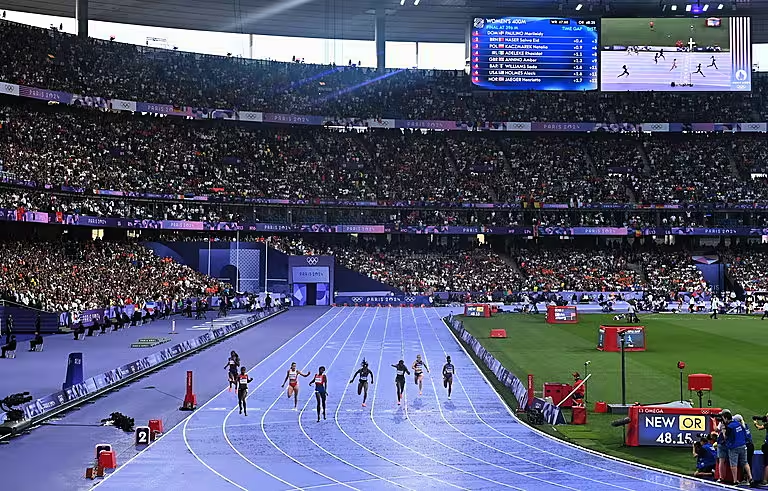
9 August 2024; Athletes, from left, Alexis Holmes of Team USA, Salwa Eid Naser of Team Bahrain, Natalia Kaczmarek of Team Poland, Marileidy Paulino of Team Dominican Republic, Amber Anning of Team Great Britain, Rhasidat Adeleke of Team Ireland, Henriette Jaeger of Team Norway and Sada Williams of Team Barbados during the women's 400m final at the Stade de France during the 2024 Paris Summer Olympic Games in Paris, France. Photo by Stephen McCarthy/Sportsfile
Writing in her column in the Irish Times, Sonia O'Sullivan bemoaned what she sees as "special treatment" received by Bahraini athletes after the questionable antics of their association in the leadup to the Paris Olympics.
O'Sullivan would also sympathise with Rhasidat Adeleke, saying that the potential eventuality of getting a medal after a doping disqualification years down the line would never match the magic of an Olympic medal.
You have to wonder why they are getting this special treatment now, when so many countries have been rigorously testing their athletes for decades.
The other question is why this investigation into Bahrain was only made known after the Olympics, when it was concluded last December. And who came up with only 10 athletes being allowed to compete for Bahrain, when they didn’t even have 10 athletes in Paris, they only had eight?
A medal in the post will never have the same gratification as that lost moment would have had.
There will hopefully be an Olympic medal in Rhasidat Adeleke's future but, if it does eventually come from Paris 2024, it would be a bittersweet manner for that triumph to manifest itself.

